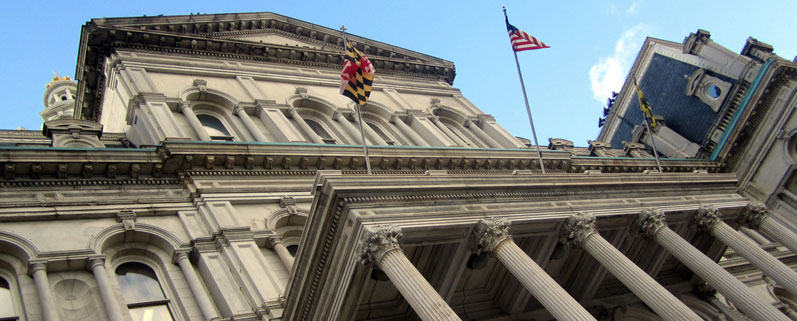Impact investors are launching a $25 million program called Arctaris Baltimore to provide growth capital for businesses based in Baltimore’s historically underinvested neighborhood.
Boston-based Arctaris Impact Investors is partnering with the Baltimore’s Abell Foundation and the City of Baltimore-created Neighborhood Impact Investment Fund to launch the program. Under a model it calls “growth debt,” it’s providing loans of $1 million to 5 million to small and medium-sized businesses. For businesses that are generating steady revenue, it’s the kind of growth capital that often helps to keep things running and growing.
Arctaris hired Anita Graham as business development manager for Baltimore, who is already working in the community, leaders said.
Arctaris has a national strategy focused on bringing investment to underserved communities. It does so through partnerships in cities where it provides 80% of the capital, where partners from local communities provide 20%.
“It was great to find strong partners who will help to implement our program in Baltimore,” said Uche Osuji, managing partner at Arctaris.
In this case, Abell Foundation is providing $4 million in what Chief Financial Officer Eileen O’Rourke called “catalytic capital.” Those in the local tech community may know Abell Foundation for direct investments in tech companies and other high growth-ventures. She said this partnership is “another tool in the toolbox to help businesses grow in Baltimore and bring more employment.”
“We partnered with Arctaris because they have debt capital that’s available to companies that are not traditionally bankable, that are turned down by banks, but are good, profitable, well-established companies that need expansion capital,” O’Rourke said.
The Neighborhood Impact Investment Fund will contribute $1 million. It was launched by the City in 2018 to provide access to capital in designated neighborhoods that have “long been ignored,” said Mark Kaufman, the nonprofit’s president. These neighborhoods make up 65% of the city.
The aim is to offer a new funding source for established businesses looking to grow. They will typically have five-year terms and a revenue share component. There’s also potential to grow, as Arctaris will re-lend funds as borrowers repay.
The loans could go to companies in any industry. Osuji said that could include tech companies, given the area’s place as a hub in areas like cybersecurity.
The program is taking an approach to spurring economic and job growth by providing capital to established small and medium-sized businesses. As access to capital remains a key engine for expansion, these businesses often seek out bank loans to secure working capital that will enable them to grow. But in the decade following the 2008 recession, lending to small businesses by the largest banks fell nationally. A 2018 report from Johns Hopkins’ 21st Century Cities Initiative found that overall dollars lent to small businesses in Baltimore fell by nearly one-third between 2006 and 2017, citing a mix of national factors like new regulations and more local trends.
Banks continue to occupy an outsize role in the funding landscape, so they will likely still be involved in the lending process as part of Arctaris Baltimore. But the partners on the effort said there’s a clear need for more resources. And when it comes to loans, businesses in lower income areas often don’t have assets of the same value as those in a medium or high-income area.
“These companies have that extra hurdle that they have to clear with regards to access to capital,” Osuji said.







